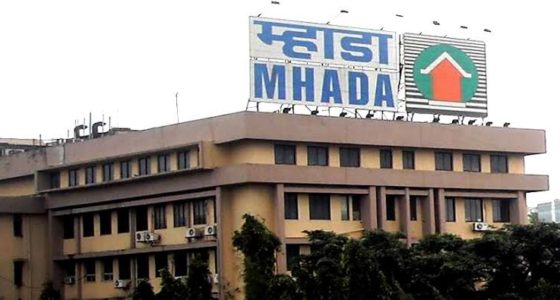Redevelopment Case Brings Landmark Interpretation of Promoter Liability
In a significant decision that could have far-reaching implications for redevelopment projects across Maharashtra, the Maharashtra Real Estate Appellate Tribunal (MREAT) has ruled that a housing society taking over its own redevelopment after terminating a developer is to be treated as a “promoter” under the Real Estate (Regulation and Development) Act, 2016 (RERA).
The ruling was delivered in a batch of appeals filed by D.N. Nagar Shivneri Co-operative Housing Society Ltd., which challenged a common order of the MahaRERA Authority that had directed the society to compensate flat buyers for delays in possession — a liability typically imposed on developers.
 Background: Society vs. Flat Buyers
Background: Society vs. Flat Buyers
The society had originally entered into a redevelopment agreement in 2010 with a private developer, M/s Sai Siddhant Developers. However, due to continued delays and contractual breaches by the developer, the society terminated the development agreement and opted to complete the project through self-redevelopment.
Meanwhile, several flat buyers (allottees) who had purchased flats from the original developer approached MahaRERA, claiming delays and seeking refund with interest. The MahaRERA Authority passed a common order in April 2025, holding the society jointly and severally liable along with the developer and directing compensation under Section 18 of RERA.
 Tribunal: Society Must Follow RERA Rules
Tribunal: Society Must Follow RERA Rules
Challenging this, the society filed appeals and sought exemption from the mandatory pre-deposit under Section 43(5) of the RERA Act, arguing that it is not a “promoter” under the law, and hence the pre-deposit requirement should not apply.
However, in a detailed judgment, the Tribunal rejected this plea and clearly held:
“We come to the conclusion that prima facie the appellant society falls within the definition of promoter under the provisions of RERA Act, 2016…”
The Tribunal further stated that since the society had taken over the project and continued construction, and was even shown as a “landowner/promoter” on MahaRERA records, it could not disown the obligations that came with that role — especially those towards allottees.
 Pre-Deposit Required
Pre-Deposit Required
As per the RERA Act, a promoter who appeals a MahaRERA order must first deposit at least 30% of the penalty or compensation amount. The Tribunal ruled that the society must make this pre-deposit before the appeals can be entertained on merits.
This is a setback for the society, which claimed it had no contractual relationship with the flat buyers and that it had not received any money from them.
 Legal Significance
Legal Significance
This decision draws a clear line: if a society steps into the shoes of a defaulting developer and continues the project, it cannot escape the regulatory responsibilities and consumer liabilities under RERA. It sets a precedent that could impact hundreds of self-redevelopment and society-led projects across the state.
The Tribunal relied on the fact that the society:
- Took over possession of the project and continued construction,
- Is named as a landowner/promoter in MahaRERA registration,
- Benefited from approvals and plan modifications post termination of the developer.
 What It Means for Homebuyers and Societies
What It Means for Homebuyers and Societies
For homebuyers, the judgment is a relief. It means that they can seek redress and compensation even when the original builder is out of the picture.
For housing societies, it sends a strong message: if you take over redevelopment, you take over the legal liabilities too — including timely delivery, compensation for delay, and registration duties.
 What’s Next?
What’s Next?
The society now has four weeks to comply with the pre-deposit condition. Only after that will the Tribunal hear the actual appeals on the merits of the case — including whether the society is ultimately liable for delay compensation.
This decision may trigger more cautious and legally informed decisions among societies embarking on self-redevelopment.
Also Read: MahaRERA Appellate Tribunal Rejects Developer’s Appeal Over Delay in Filing









